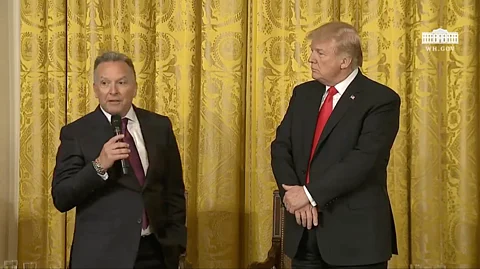

U.S. President Donald Trump’s Special Envoy to Russia, Steve Witkoff, met with Russian President Vladimir Putin on Friday for the third time in two months, in an apparent attempt to revive what appears to be a stalled negotiation process between Russia and the U.S. over Ukraine.
The meeting followed Trump’s recent comments expressing frustration with Putin. He stated he was “pissed off” and threatened further sanctions if Russia continued to stall—remarks he later walked back. Earlier today, ahead of Witkoff’s meeting with Putin, Trump posted on Truth Social that it was time for Russia to “start moving” on the peace process.
Following the meeting—which reportedly lasted around four hours—reports emerged highlighting a growing divide and lack of cohesion within the Trump Administration regarding how to approach negotiations with Russia.
Reuters reported that earlier this month, after Witkoff met with Putin’s special envoy, Kirill Dmitriev, he advised President Trump to concede to Russia’s claim that the Kherson, Zaporizhzhia, Donetsk, and Luhansk regions of Ukraine belong to Russia. Witkoff reportedly argued that this was the quickest path to peace in Ukraine.
At the same White House meeting, Trump’s Envoy to Ukraine, Keith Kellogg, strongly objected to Witkoff’s position, arguing that Ukraine should never agree to fully surrender its sovereignty over those regions.
Later on Friday, The Times reported that Kellogg had proposed dividing Ukraine into spheres of influence, similar to post–World War II Germany, which would include the stationing of British and French troops in the country. This idea has been consistently rejected by Russia as a non-starter.
Kellogg responded on X (formerly Twitter), criticizing The Times' reporting. However, he did acknowledge advocating for a post-ceasefire “Resiliency Force” in Ukraine.
While President Trump appears eager to secure a quick ceasefire in Ukraine, his administration lacks a unified strategy for achieving it. With Ukraine currently struggling on the battlefield, the U.S. holds limited leverage to persuade Russia to agree to a deal without Ukraine meeting key Russian demands.